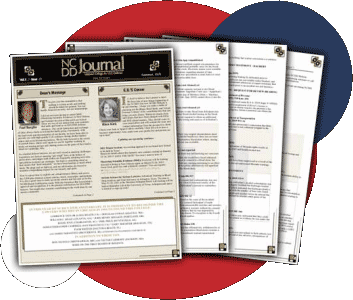- The ABA’s Concise Guide to Lawyer Specialty Certification
- Benefits to Become Board Certified - ABA Video
- Board Certified Members
- How to Become Board Certified in DUI Defense Law
- Apply for Certification
- Apply for Re-Certification Renewal
- Board Certified Senior Specialist
- Rules Governing Board Certification
- Preparing for the Exam
NCDD Seminars and Webinars
Analyzing & Preparing Your Defense

SOLD OUT
October 15, 2020
Join NACDL and NCDD members in a webinar discussing how to analyze and prepare the defense of DUI cases. Four cases will be accepted from member submissions. Teams of NCDD Regents will then discuss their analyses and defense strategies for each. Submit your case no later than October 9, 2020.Find an Attorney
Enter your city, state, or Zip code below to locate a qualified attorney who has demonstrated a commitment to defend those accused of DUI and related crimes.
FROM OUR BLOG
Interview With an Amicus
06/27/2025
Written by Michelle L. Behan Amicus Curiae (Latin for "Friend of the Court") refers to a brief that is filed by an interested, non-party to the matter under consideration. This is often done in cases where organizations and entities wish to provide the reviewing court with their point of view, be it social or public policy implications, or special interest agendas....
Keeping FSTs Out of a Trial
04/23/2025
Written by Neil Halttunen I want to address a common issue that DWI practitioners are facing, trying to keep FSTs out of a trial. One way is to take the position that FSTs are scientific evidence and make the prosecutor lay scientific foundation which they rarely can do. The HGN test was the result of several studies. See Generally Session 8 of...




